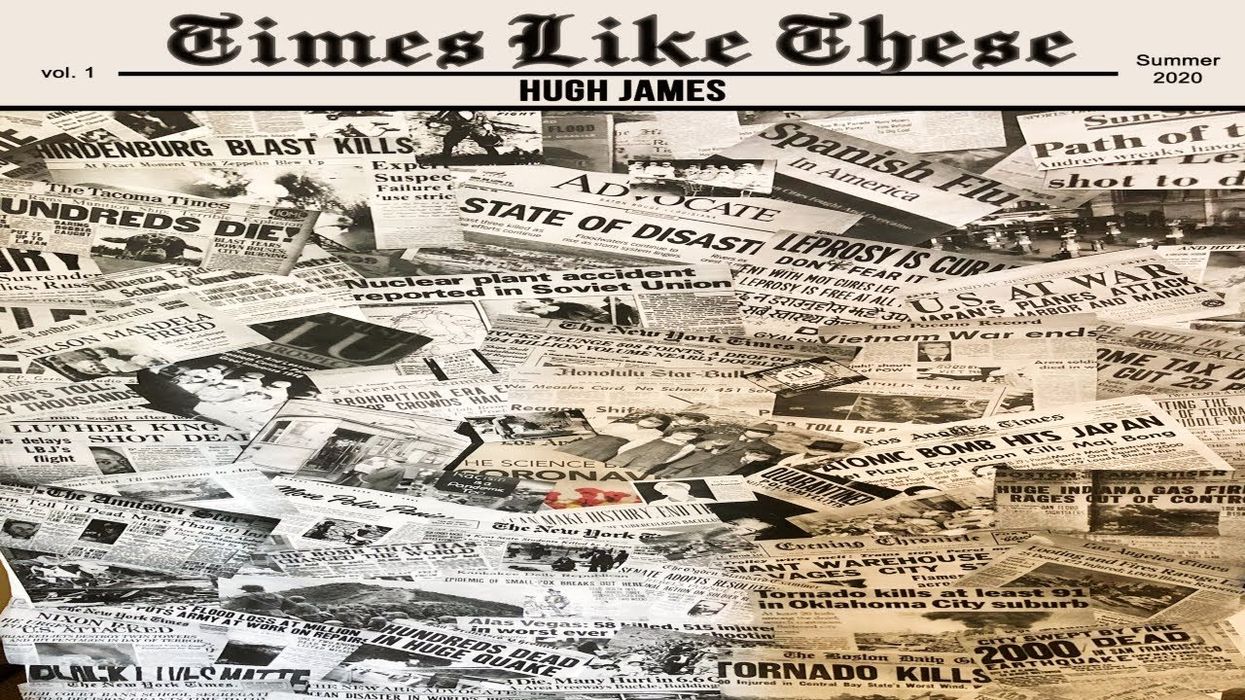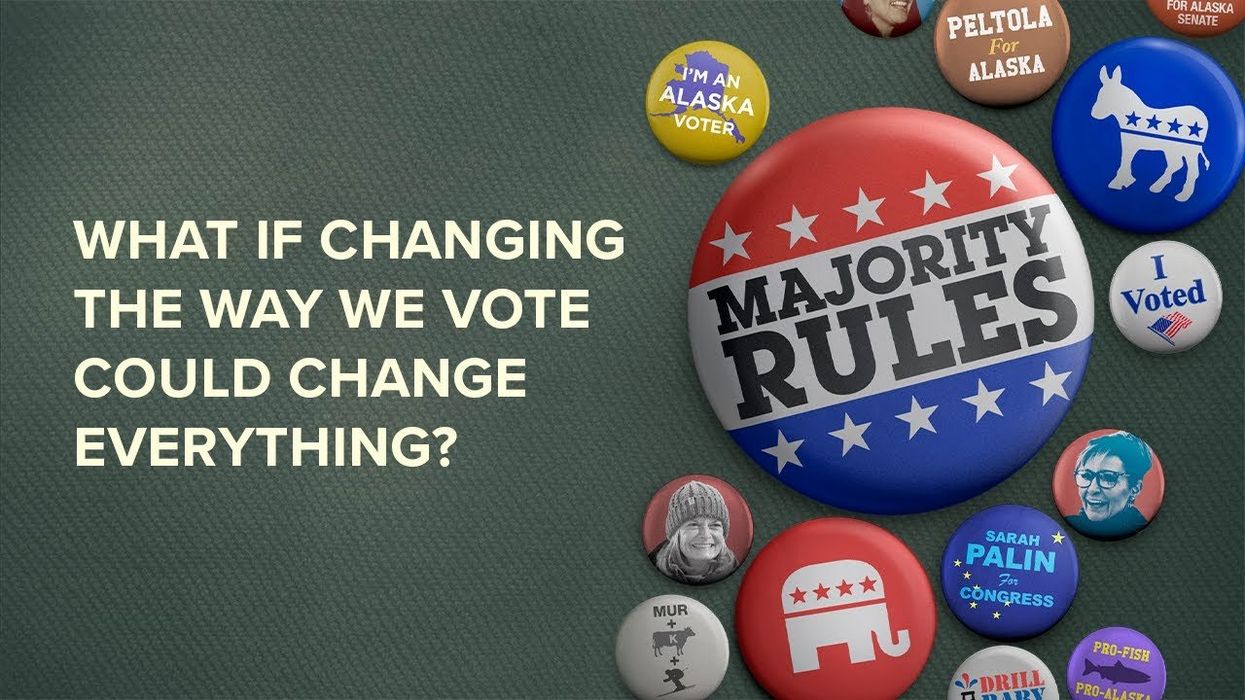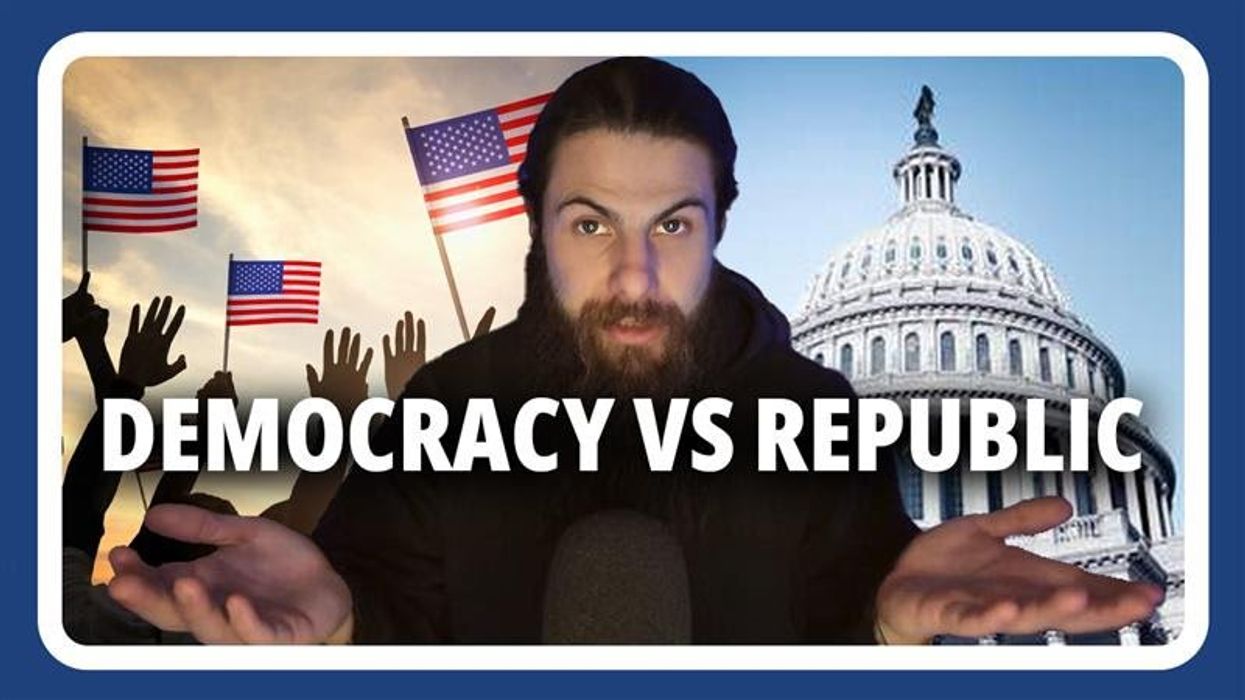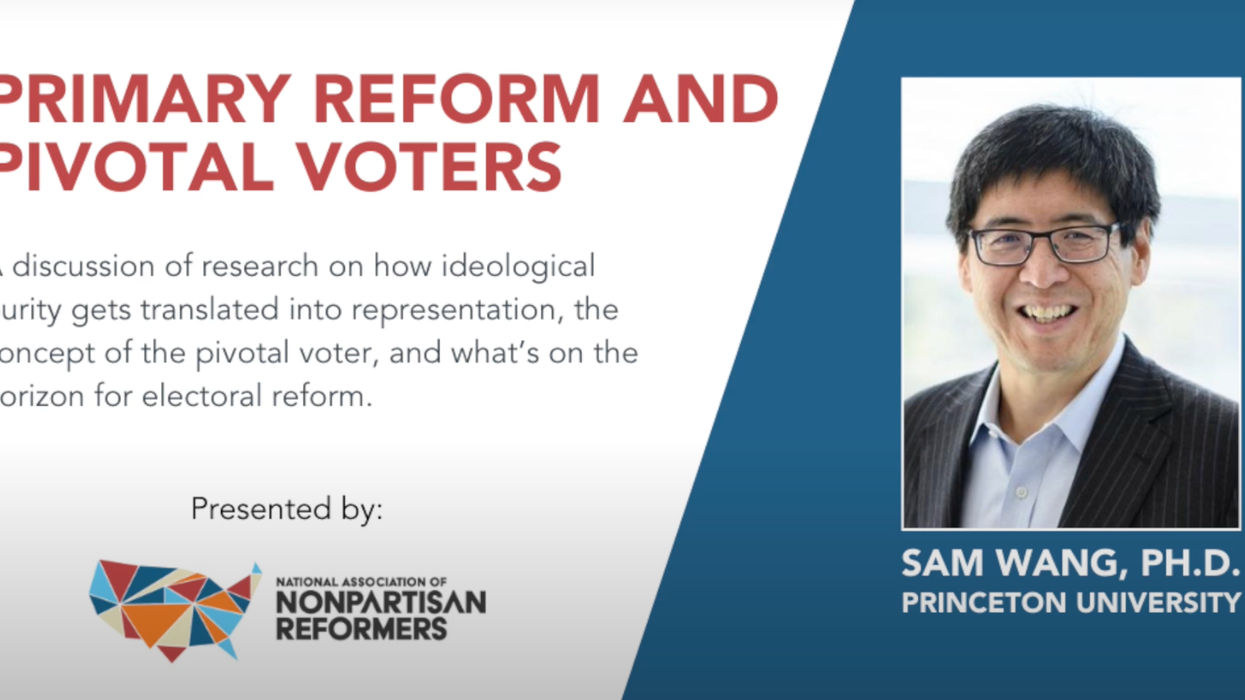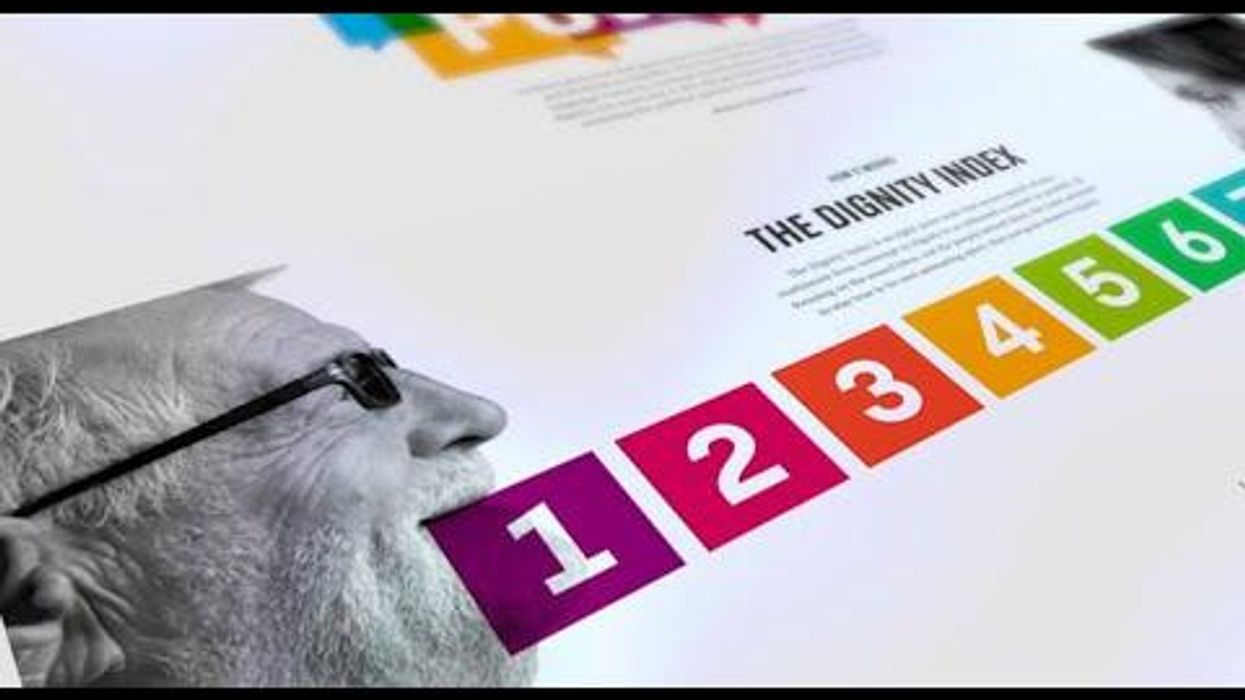Nevins is co-publisher of The Fulcrum and co-founder and board chairman of the Bridge Alliance Education Fund.
The right music at the right time can heal and cleanse the soul and uplift one's entire being. Certainly in these divisive times we need the healing power of music more than ever.
“Music has healing power. It has the ability to take people out of themselves for a few hours,” said Elton John. He went on to say, “never be afraid of saying three simple words: ‘I need help.’”
Recently I’ve been introduced to an artist and a song that has reminded me that there is hope in this time of division within our country and as bad as it seems this too shall pass.
Singer-songwriter Hugh James’ heartfelt, gospel inflected pop-R&B anthem “Times Like These” artfully doubles as a prayer to Providence for help and healing and a powerful call for us to set aside our differences for the common good.
James' soothing, soulful and inviting vocals – which increase in intensity as he expresses the heart of his plea to humanity in the chorus – are perfectly suited for a song that’s both down-homey yet prayerful and aspirational. He begins with a plea to a higher power, urging “the Father” to “Lead us to the water/Shower us with rain/Welcome us aboard the healin’ train,” before sharing what’s needed on a purely human level in the first chorus: “In times like these/Ya find out what you’re made of. . .You learn your neighbor’s name/Gotta dig down deep/When your back’s against the wall/We rise and fall/In times like these.” In biblical terms, the song reflects the scripture that reminds us that “faith without works is dead.”
Some might say that music won’t solve anything but maybe that doesn’t matter.
Music impacts each of us in different ways. It can be a source of escape, a mere distraction or a call to action.
And so if the news overwhelms you and the constant barrage of hyper-partisan rhetoric is just too much for you, enjoy the soothing and reassuring message of “In Times Like These.”





